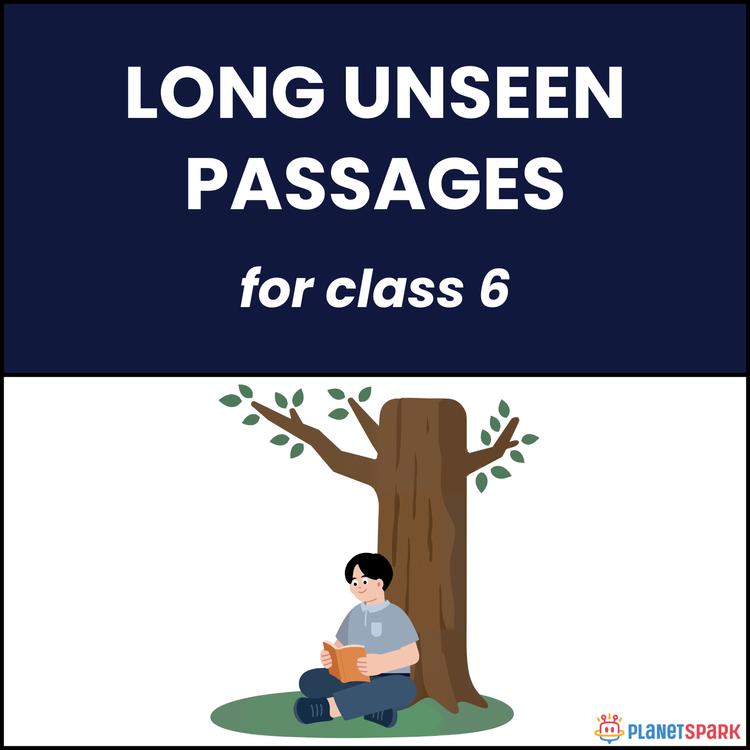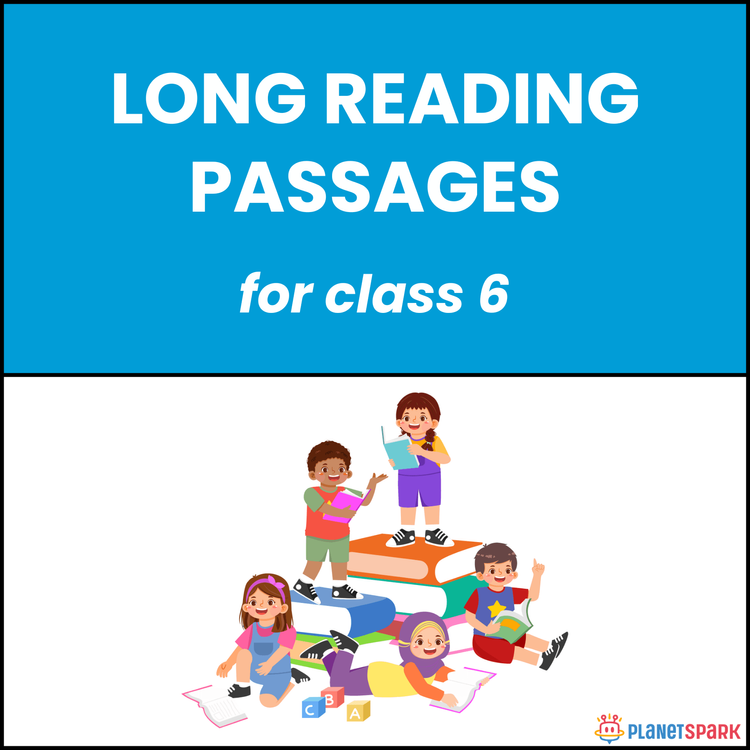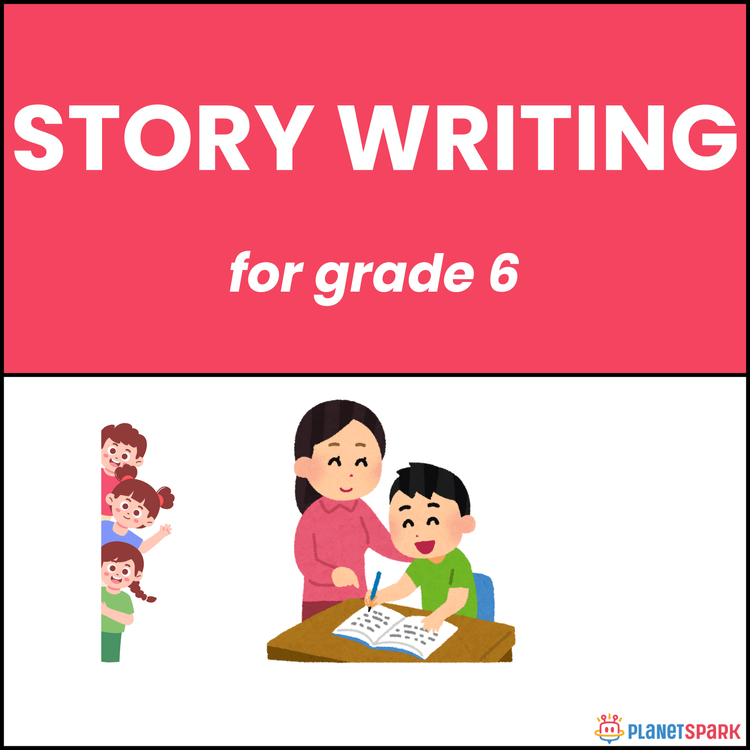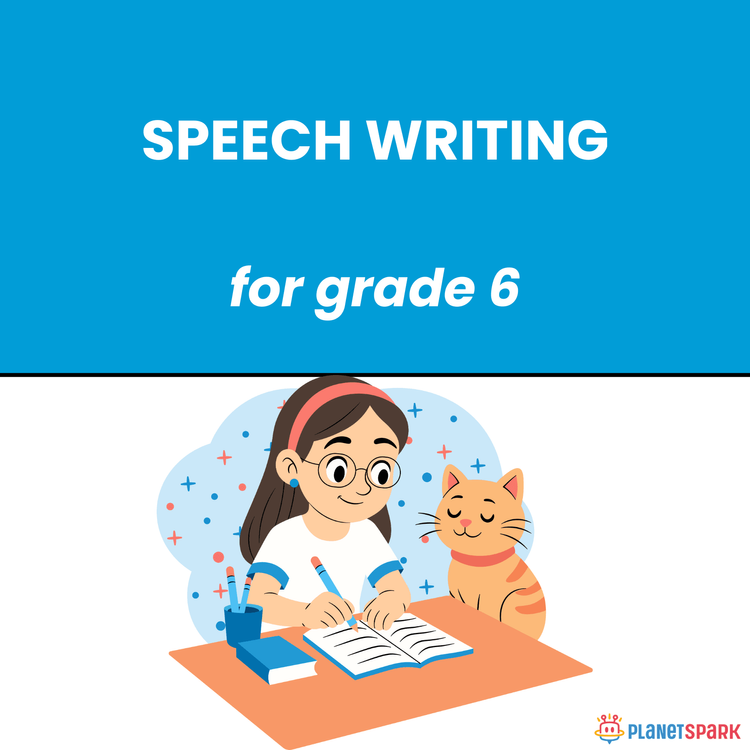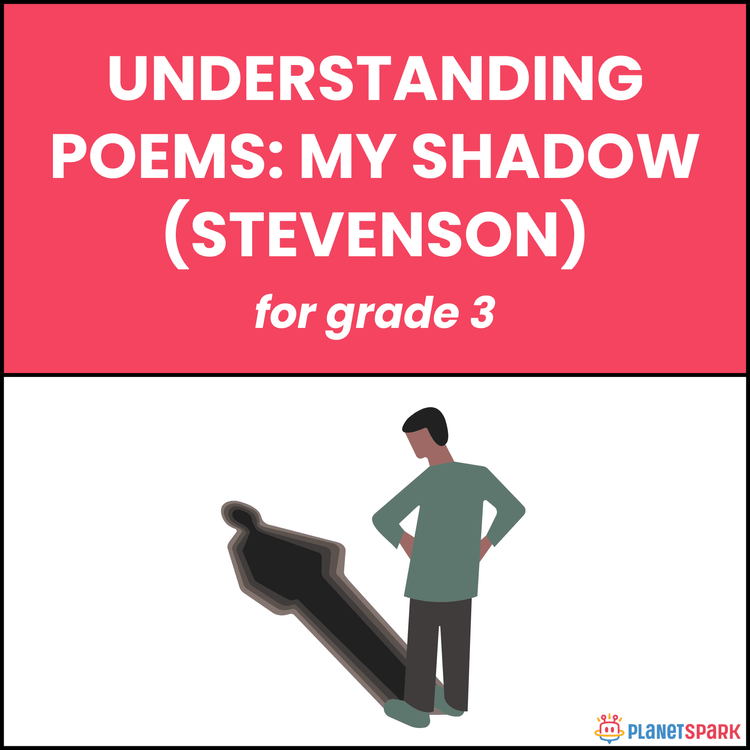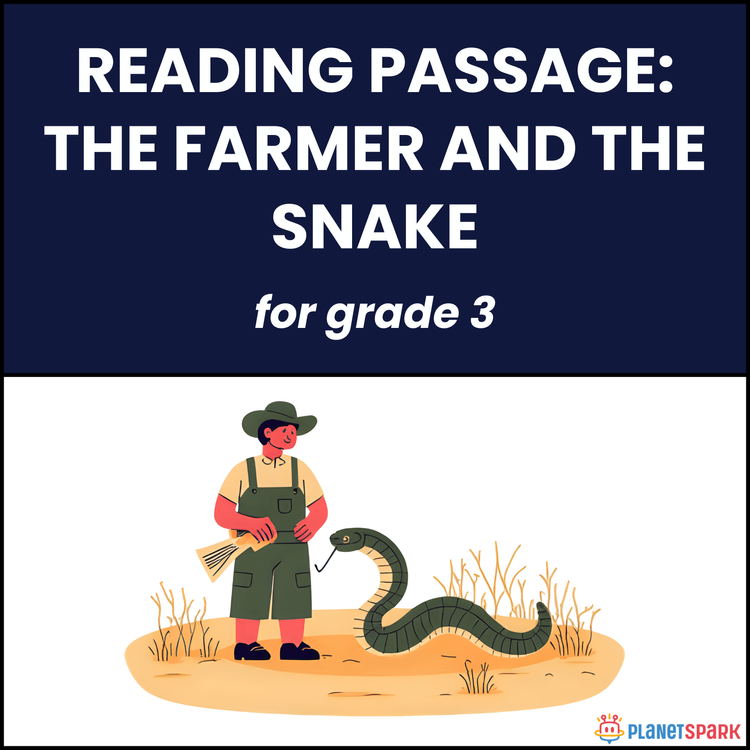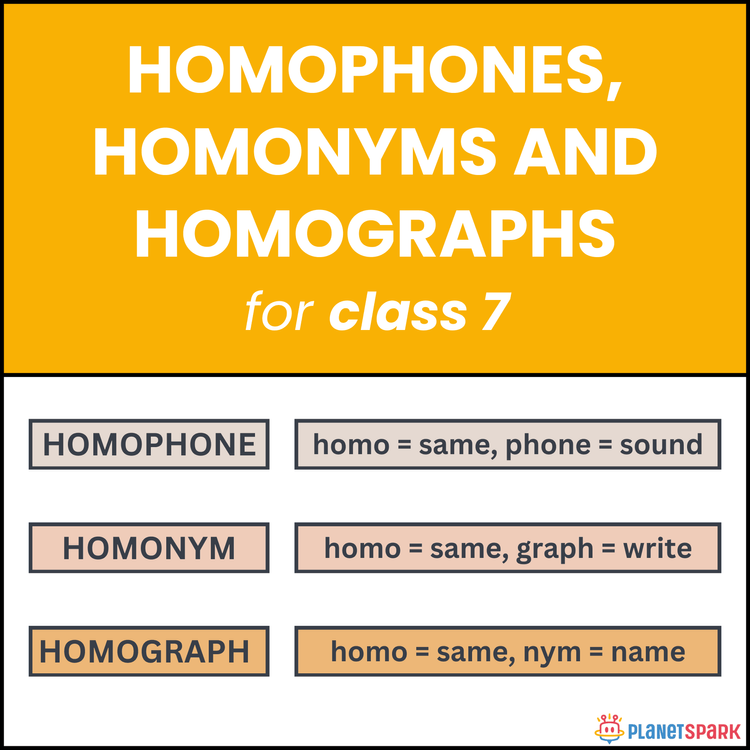Class 6 English Worksheet on Modal Verbs
Class 6EnglishEnglish GrammarFree DownloadPDF
Tanishka SharmaVisit Profile
English teacher with 2 years of expertise from teaching in both IB and CBSE schools.


Class 6 English Worksheet on Modal Verbs
Class 6EnglishEnglish GrammarFree DownloadPDF
Tanishka SharmaVisit Profile
English teacher with 2 years of expertise from teaching in both IB and CBSE schools.
Speak with Confidence: Modal Verbs for Class 6
This Grade 6 worksheet helps students use modal verbs like *can, could, may, might, must, should* to express ability, permission, advice, possibility, and necessity. With engaging activities like underlining, blanks, rewriting, and sentence creation, learners become more fluent and accurate in expressing intent.
Why Modal Verbs Matter in Grammar?
Modal verbs help shape meaning beyond basic action. For Grade 6 learners, this topic is important because:
1. Modals express possibility, necessity, permission, and ability.
2. They always follow the base form of the verb.
3. They support polite and structured communication.
4. They are used in formal writing, dialogue, and everyday conversation.
What’s Inside This Worksheet?
This worksheet includes five grammar-rich activities that build fluency with modal verbs:
🧠 Exercise 1 – Underline the Modals
Students underline the modal verb (e.g., *can, should, must*) in each sentence. Example: “She *can* solve this puzzle without any help.”
✏️ Exercise 2 – Fill in the Blanks
Students choose the correct modal verb from a word bank (*can, could, may, might, should, must*) to complete real-life sentences. Example: “You *must* listen to your teacher carefully.”
📋 Exercise 3 – Rewrite with a New Modal
Each sentence must be rewritten by replacing the existing modal with another, changing the meaning. This builds flexibility and awareness of modal use. Example: “You *can* go to bed now.” → “You *should* go to bed now.”
📝 Exercise 4 – Sentence Writing with Prompts
Students create one sentence for each modal verb from the list: *can, could, should, may, might, must* using contextually correct grammar.
✅ Answer Key (For Parents & Educators)
Exercise 1 – Underlined Modals Exercise 2 – Fill in the Blanks
1. can 1. can
2. must 2. may
3. may 3. could
4. might 4. should
5. could 5. might
6. must 6. might
7. can 7. should
8. may 8. must
9. should 9. must
10. should 10. could
Exercise 3 – Rewritten Sentences (Sample Corrections)
1. You *should* go to bed now.
2. He *could* lift heavy boxes yesterday.
3. You *might* wear a coat. It's only a little cold.
4. *Could* you open the door politely?
5. She *may* finish all the homework.
6. We *must* bring umbrellas. It’s raining heavily.
7. I *might* go to the party if I finish early.
8. You *should* be kind to animals.
9. He *may* borrow my pencil.
10. *Could* you swim when you were five?
Exercise 4 – Sample Sentences Using Each Modal
1. Can – I *can* run very fast.
2. Could – She *could* sing beautifully when she was younger.
3. Should – You *should* finish your work before playing.
4. May – *May* I borrow your pen?
5. Might – He *might* be absent tomorrow.
6. Must – You *must* wear your ID card to school.
Help your child master modal verbs today with a Free 1:1 Communication Skills Trial Class at PlanetSpark.
🔖Book a free trial!
Frequently Asked Questions
Modal verbs express ability, permission, advice, necessity, and possibility in a sentence.
Yes, it teaches how to use modal verbs for polite requests and structured communication.
Yes, it matches the Class 6 CBSE curriculum and includes grammar-rich exercises for modals.
